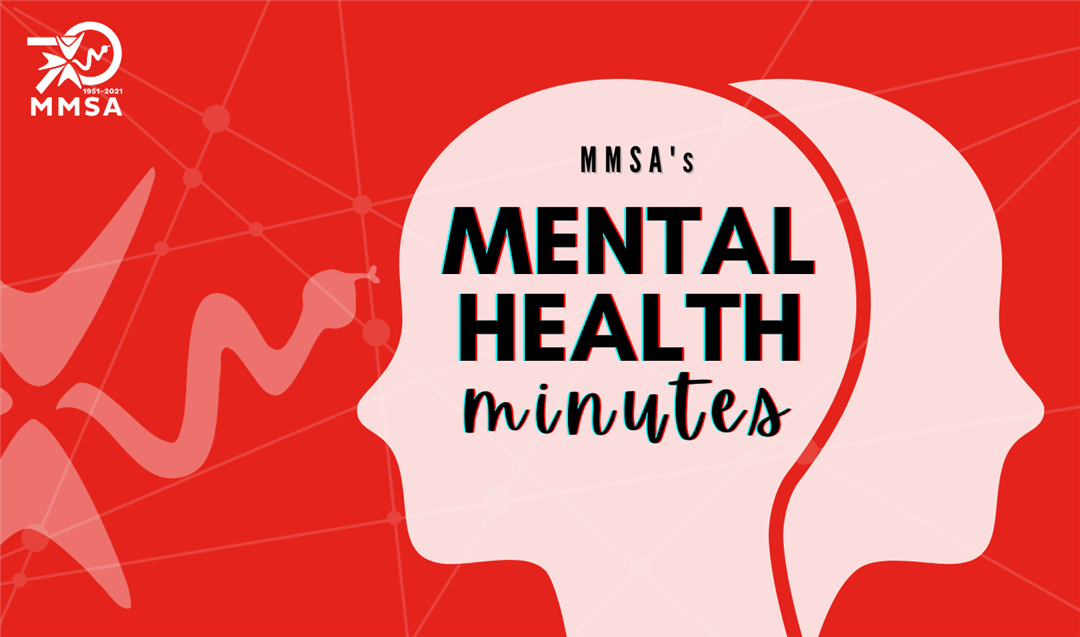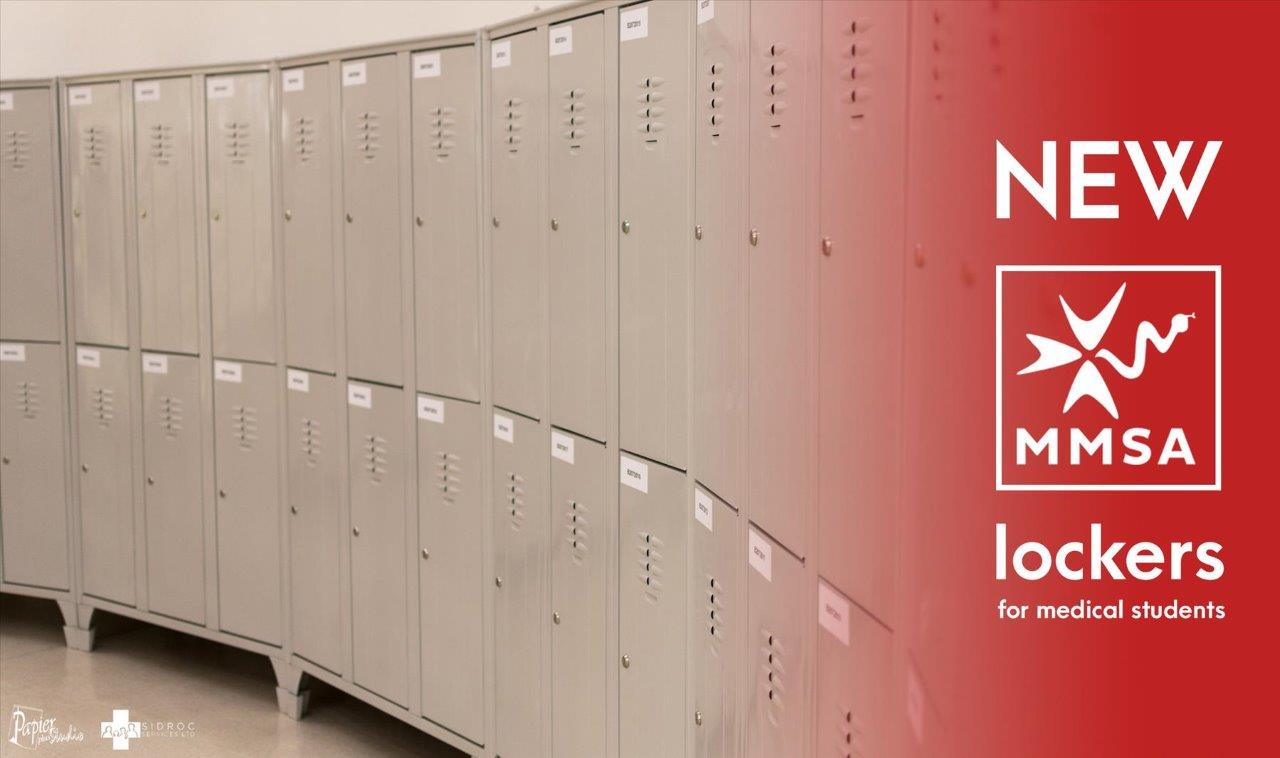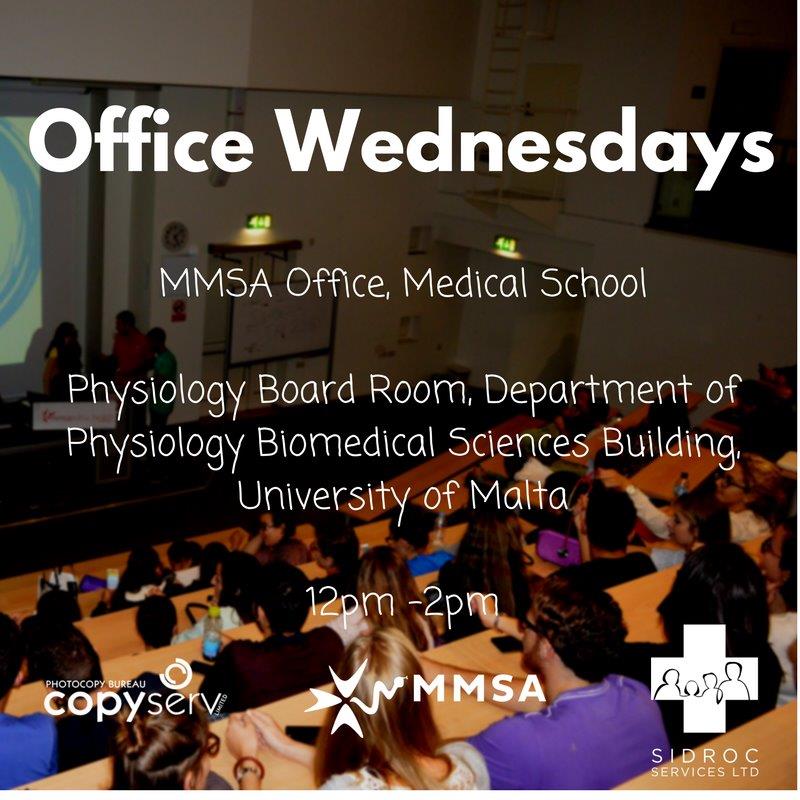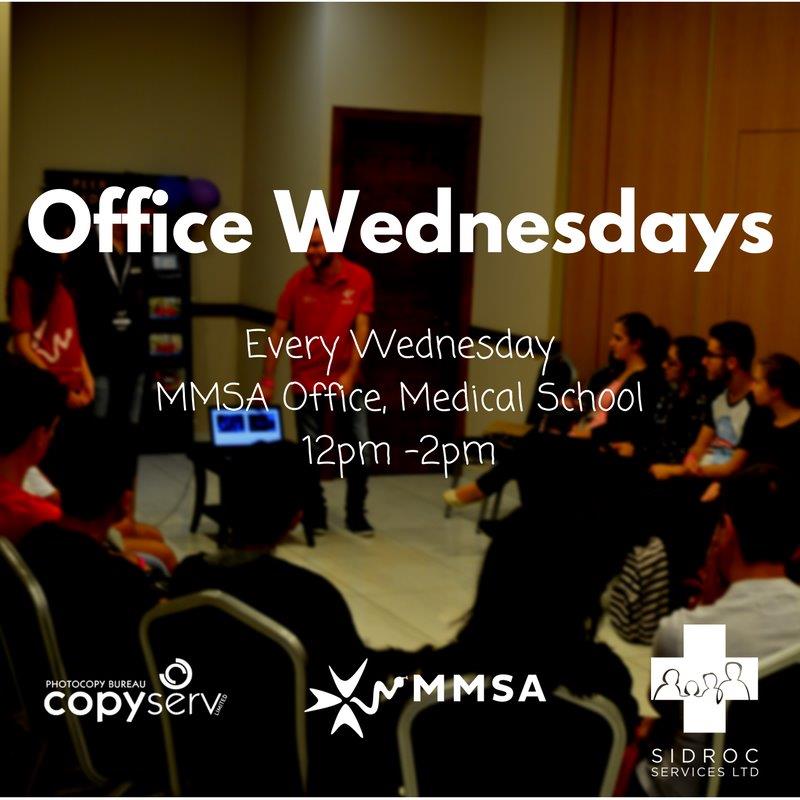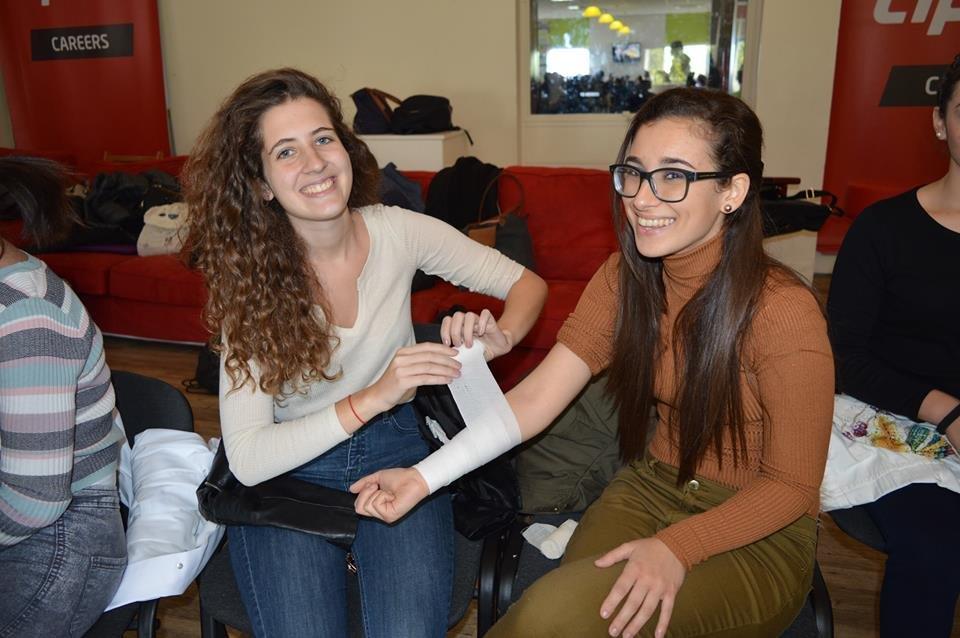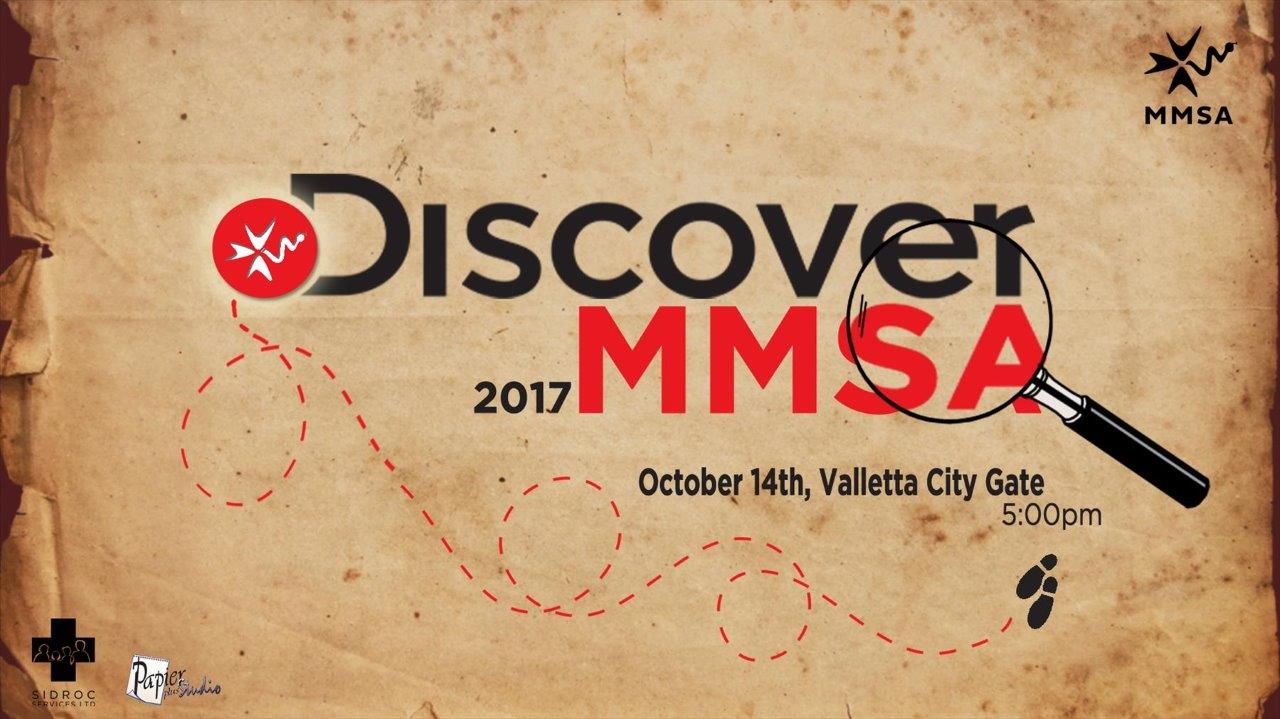Mental Health Minutes –
What is substance misuse ?
What is substance misuse?
A substance use disorder (SUD) is a cluster of cognitive, behavioural and physiological symptoms indicating that the individual continues using the substance despite significant substance-related problems (including financial, relationship and forensic issues (American Psychiatric Association, 2013). SUD can occur in a broad range of severity, from mild to severe, and includes multiple symptoms such as tolerance (when the body does not respond to the substance in the same way, and would need a higher substance dose to achieve the same effect) and withdrawal effects (combination of physiological and psychological effects when the substance is stopped or reduced).
What are the substances used?
Substances can be legal like alcohol and tobacco, or illegal like cocaine and heroin.
These substances are split into different classes, based on their pharmacological and their behavioral effects, as seen below. This means that different substances can produce different behavioral effects on a person (McLellan, 2017). The effects can vary depending on the dosages and the time span of the substances’ usage.
Substances can be taken in a number of different ways including ingested, inhaled, injected, smoked and sniffed. The different techniques can bring about their own set of issues including infections transmitted through the sharing of needles and health issues with injecting into dangerous areas of the body.
The following are the main groups of substances used:
- Alcohol
- Cannabis
- Hallucinogen
- Inhalant
- Opioid
- Sedative, Hypnotic, or Anxiolytic
- Stimulant
- Tobacco (American Psychiatric Association, 2013).
Do I have a substance use disorder?
It is important to note that not every person that makes use of a specific substance, is necessarily considered to have a substance use problem (SUD). For a person to actually have a SUD they must have a problematic pattern of using that substance leading to clinically significant impairment or distress, as manifested by at least two of the following, occurring within a 12-month period:
- The substance is often taken in larger amounts or over a longer period than was intended.
- There is a persistent desire or unsuccessful efforts to cut down or control substance use.
- A great deal of time is spent in activities necessary to obtain, use, or recover from the substances’ effects
- Craving, or a strong desire or urge to use the substance
- Recurrent substance use resulting in a failure to fulfill major role obligations at work, school, or home.
- Continued substance use despite having persistent or recurrent social or interpersonal problems caused or exacerbated by the effects of cannabis.
- Important social, occupational, or recreational activities are given up or reduced because of the substance use.
- Recurrent substance use in situations in which it is physically hazardous.
- Substance use is continued despite knowledge of having a persistent or recurrent physical or psychological problem that is likely to have been caused or exacerbated by the substance
- Tolerance, as defined by either of the following:
- A need for markedly increased amounts of the substance to achieve intoxication or desired effect.
- Markedly diminished effect with continued use of the same amount of the substance
- Withdrawal, as manifested by either of the following (not relevant for hallucinogens and inhalants ):
- The characteristic withdrawal syndrome for the substance being used
- The substance (or a closely related substance) is taken to relieve or avoid withdrawal symptoms (American Psychiatric Association, 2013).
What do I do if someone I know is suffering from a substance misuse disorder?
Helping someone who is suffering from a substance misuse disorder, can be very challenging, especially because in a number of cases, that person isn’t accepting of your help. It is therefore ideal to try to support them whenever they are ready to get the help necessary. During this process, it is important to:
- Remember that addiction is not a choice but a mental disorder.
- Encourage the individual to seek help. This may include finding treatment resources for them and going with them to their appointments (both community and inpatient rehabilitative services)
- Be supportive and helpful, but don’t enable their addiction. Do not cover for problems created by their substance misuse. The person must deal with the consequences brought about due to their addiction.
- Try to be optimistic during the process. A person struggling with abuse will likely seek help eventually. Relapse is also a part of the process - it is not a sign of failure, but part of the recovery.
Remember to also seek help for yourself throughout the process. Addiction isn’t only a struggle for that person, but for anyone close to them (Kristina Ackermann, 2020).
Withdrawals
When someone is making use of a particular substance on a repeated basis, their brain gets used to it and adjusts to the presence of this substance, becoming physiologically and psychologically dependent on their substance. They start to rely on the substance up to the extent that they might start needing it to function and feel “normal”.
Withdrawal symptoms occur when the person either reduces the amount of usage or if they try to quit ‘cold turkey’ (abrupt quitting). The body attempts to reach a new balance without the substance which can result in large fluctuations in brain chemicals. This can be accompanied by mental, physical and emotional symptoms.
Each substance can give different withdrawal symptoms, lasting for different periods of time. For instance, heroin withdrawal symptoms include excessive sweating and diarrhea, while cocaine withdrawal symptoms can include psychotic episodes and hallucinations, amongst others (Amelia Sharp, 2020). Alcohol withdrawals can also produce a range of symptoms, some of which being nausea, sweating, seizures, tremors, and hallucinations (NHS, 2019). Delirium tremens is an extreme form of alcohol withdrawals, which can actually be fatal.
If I am experiencing a substance use problem, who can I reach out to for help?
You could start by reaching out to someone you trust, like family members of friends. Next you should consider seeking help from a professional. You could start by going to a GP and then eventually a psychiatrist.
The mental health services are available in various centres or clinics in Malta and are free of charge. These services are available in the following locations: Cospicua, Floriana, Gzira, Mosta, Mtarfa, Paola and Qormi. Ideally one should call the respective clinic for an appointment.
|
Health Centre |
Contact Number |
Days of the Week |
Schedule |
|||
|
Cospicua |
23972330 / 21662088 |
Monday - Friday |
7:30am - 5:30pm On Fridays till 3pm |
|||
|
Gzira |
21344766 / 21337245 |
Tuesdays & Wednesdays |
7:30am - 5pm |
|||
|
Kirkop |
21681267 |
Tuesdays, Wednesdays & Thursdays |
|
|||
|
Mosta |
21424969 |
Mondays & Tuesdays Tuesdays & Wednesdays according to schedule |
7:30am - 5pm |
|||
|
Qormi |
21441317 / 21440170 |
Monday - Friday |
7:30am - 5pm On Fridays till 3pm |
|||
|
|
||||||
|
Health Clinic |
Contact Number |
Days of the Week |
Schedule |
|||
|
Floriana |
21220454 / 21250015 |
Monday - Friday |
7:30am - 3pm |
|||
|
Mtarfa |
21456750 / 21454917 / 2146758 |
Monday - Friday |
7:30am - 3pm |
|||
|
Paola |
21821566 / 21821562 |
Monday - Friday |
7:30am - 3pm |
|||
There are also free counselling sessions available for students at the Health and Wellbeing Centre at the University of Malta.
The 179 helpline, which is a freephone, can be contacted as it provides immediate help to people that are seeking information, support and/or require a referral to social service agencies.
There are other services which offer specific support for people suffering from addiction and even for their relatives. You can find these organisations and their contact number below:
- Caritas - 21331000
- Agenzija Sedqa - 23885110
- OASI Foundation (in Gozo) – 21563333
Caritas also hosts a support group for persons suffering from alcohol dependence and another one for families of alcoholics (Al-Anon). These are the contact numbers for these 2 support groups respectively: 21239264 and 2733 5786 / 2137 0888.
Finally, there is the Detox Centre (Substance Misuse Out-Patients Unit) found at St.Luke’s Hospital. Their contact number is the following: 22261800
References:
Alcohol Support (2019). NHS. Available at: https://www.nhs.uk/live-well/alcohol-support/ [Accessed 31/12/, 2020].
Amelia Sharp (2020). Drug Withdrawal Symptoms, Timelines, and Treatment. American Addiction Centres. Available at: https://americanaddictioncenters.org/withdrawal-timelines-treatments [Accessed 30/12/, 2020].
American Psychiatric Association. (2013). Diagnostic and statistical manual of mental disorders (5th ed.). Arlington, VA: Author.
Kristina Ackermann (2020). American Addiction Centres. Available at: https://americanaddictioncenters.org/alcoholism-treatment/loving-an-addict Accessed 30/12/, 2020].
McLellan AT (2017). Substance Misuse and Substance use Disorders: Why do they Matter in Healthcare?. Transactions of the American Clinical and Climatological Association 128, 112-130.
Written by Leonie Mifsud (MD3) MMSA Aware in Care Coordinator
Reviewed by Dr. Daniel Vella Fondacaro


